

1919 - Fiume, Città di Vita(2019)
A country torn apart by the First World War. A people mourning over 650,000 fallen in the trenches. Politicians humiliated at the Versailles peace table. A poet-soldier who draws crowds to every rally. A city that becomes an emblem of irredentist and nationalist claims. It was in this Italy that the Fiume enterprise began on 12 September 1919: the adventure of Grabiele d'Annunzio and a handful of legionnaires who set out from Ronchi in Friuli, against the will of the established power, to occupy the Adriatic city and annex it to Italy, establish the Regency of Carnaro, and found a 'myth' destined to influence Italian and international culture and politics, aesthetics and vocabulary, well beyond the Twenty Years of Fascism.

Movie: 1919 - Fiume, Città di Vita
Top 5 Billed Cast
Self
Self
Self
Self
Self

1919 - Fiume, Città di Vita
HomePage
Overview
A country torn apart by the First World War. A people mourning over 650,000 fallen in the trenches. Politicians humiliated at the Versailles peace table. A poet-soldier who draws crowds to every rally. A city that becomes an emblem of irredentist and nationalist claims. It was in this Italy that the Fiume enterprise began on 12 September 1919: the adventure of Grabiele d'Annunzio and a handful of legionnaires who set out from Ronchi in Friuli, against the will of the established power, to occupy the Adriatic city and annex it to Italy, establish the Regency of Carnaro, and found a 'myth' destined to influence Italian and international culture and politics, aesthetics and vocabulary, well beyond the Twenty Years of Fascism.
Release Date
2019-09-25
Average
0
Rating:
0.0 startsTagline
Genres
Languages:
ItalianoKeywords
Similar Movies
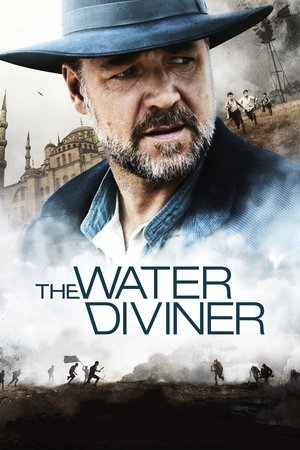 6.8
6.8The Water Diviner(en)
In 1919, Australian farmer Joshua Connor travels to Turkey to discover the fate of his three sons, reported missing in action. Holding on to hope, Joshua must travel across the war-torn landscape to find the truth and his own peace.
 6.4
6.4Salò, or the 120 Days of Sodom(it)
Four corrupted fascist libertines round up 9 teenage boys and girls and subject them to 120 days of sadistic physical, mental and sexual torture.
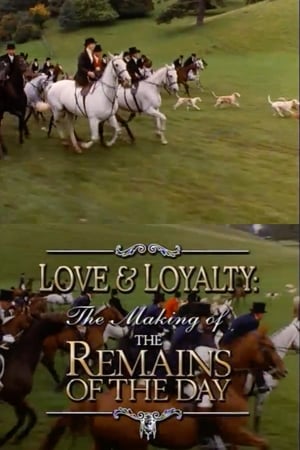 6.0
6.0Love & Loyalty: The Making of 'The Remains of the Day'(en)
The filmmakers and lead actors of The Remains of the Day (1993) discuss how they came to make the film, and the subtle power of its execution.
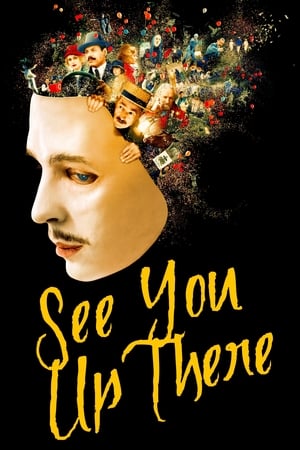 7.8
7.8See You Up There(fr)
In November 1918, a few days before the Armistice, when Lieutenant Pradelle orders a senseless attack, he causes a useless disaster; but his outrageous act also binds the lives of two soldiers who have nothing more in common than the battlefield: Édouard saves Albert, although at a high cost. They become companions in misfortune who will attempt to survive in a changing world. Pradelle, in his own way, does the same.
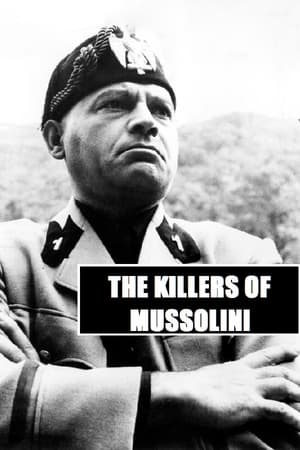 0.0
0.0The Killers of Mussolini(en)
As the Salo Republic crumbles around him, Mussolini, along with his mistress and several of his ministers flee with retreating Nazi soldiers, but are caught at the town of Dongo by red partisans. All are brutally executed without trial.
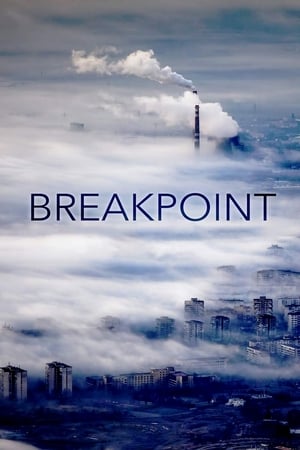 7.7
7.7Breakpoint: A Counter History of Progress(fr)
An account of the last two centuries of the Anthropocene, the Age of Man. How human beings have progressed so much in such a short time through war and the selfish interests of a few, belligerent politicians and captains of industry, damaging the welfare of the majority of mankind, impoverishing the weakest, greedily devouring the limited resources of the Earth.
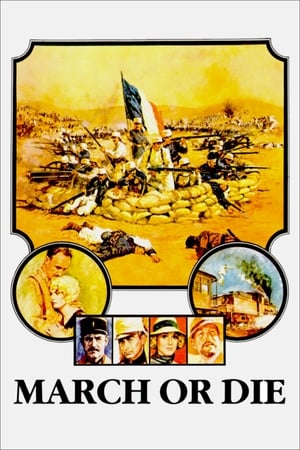 5.8
5.8March or Die(en)
Just after World War I, Major Foster is incorporating new recruits into his French Foreign Legion platoon when he is sent to his former remote outpost located in the French Morocco to protect an archaeological excavation from El Krim, a Rifian leader who intends to unite all local tribes to fight the colonial government…
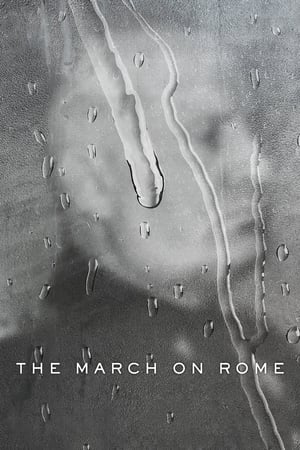 6.3
6.3The March on Rome(it)
The fascinating story of the rise to power of dictator Benito Mussolini (1883-1945) in Italy in 1922 and how fascism marked the fate of the entire world in the dark years to come.
 7.5
7.5Fascism in Colour(en)
After the World War I, Mussolini's perspective on life is severely altered; once a willful socialist reformer, now obsessed with the idea of power, he founds the National Fascist Party in 1921 and assumes political power in 1922, becoming the Duce, dictator of Italy. His success encourages Hitler to take power in Germany in 1933, opening the dark road to World War II. (Originally released as a two-part miniseries. Includes colorized archival footage.)
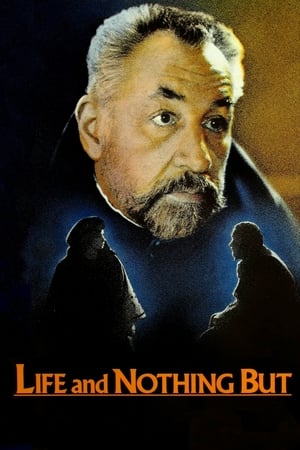 7.2
7.2Life and Nothing But(fr)
In 1920, Major Dellaplane, a man of honor and ethics, searches for missing French soldiers. He meets Madame Irène de Courtil, a politically connected Parisian, and their paths cross.
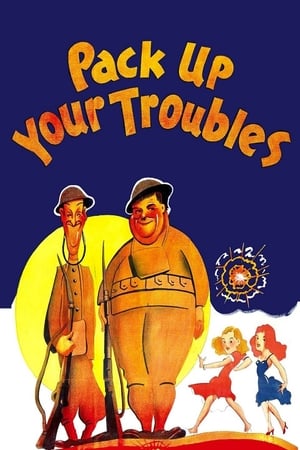 6.7
6.7Pack Up Your Troubles(en)
The story begins in 1917 with Stan and Ollie being drafted into the U.S. Army to fight in World War I. While in the Army, the pair befriend a man named Eddie Smith, who is killed by the enemy during a battle. After the war is over, Stan and Ollie venture to New York City, where they begin a quest to reunite Eddie's little daughter with her rightful family. The task proves both monumental and problematic as the boys discover just how many people in New York have the last name Smith.
 6.5
6.5Cinecittà Babilonia: Sex, Drugs and Black Shirts(it)
The story of Italian cinema under Fascism, a sophisticated film industry built around the founding of the Cinecittà studios and the successful birth of a domestic star system, populated by very peculiar artists among whom stood out several beautiful, magnetic, special actresses; a dark story of war, drugs, sex, censorship and tragedy.
 6.0
6.0Ho visto un re(it)
1936, in the aftermath of the Ethiopian occupation by Fascist Italy, under the incredulous gaze of the inhabitants of the small town in the Italian province Abraham Imirrù, an ethiopian prince and guerrila fighter is being held prisoner in the local Podesta garden's aviary. But for little Emilio, local recently force enlisted and reality-dissociated Balilla, he is Sandokan, the literal Salgari's character ...and he will be his hero.
 6.0
6.0Mata Hari: The Naked Spy(en)
100 years ago Mata Hari faced the firing squad as a convicted Dutch spy. It was at this moment that the legend of Mata Hari, the seductive spy, was born. Newly-discovered documents cast doubt on her guilt and reveal startling truths about her life. Mata Hari was a self-made woman whose boldness and sexuality threatened the male establishment. Most of what we've known about her until now has largely been myth. Mata Hari's challenges as an abused wife, single mother and a creative independent woman are familiar to women around the world. At the turn of the century, her struggles to attain sexual freedom, artistic expression, and liberation from the constraints of conventional society are the same ones women face today. She graced the cover of Vogue, performed all over Europe and left a coterie of smitten admirers in her wake.
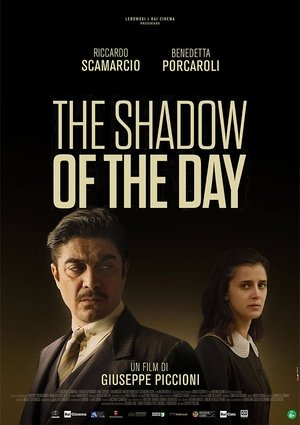 6.5
6.5The Shadow of the Day(it)
Italy, after the promulgation of the racial laws (1938). Luciano, a Fascist-abiding restaurateur, nonetheless believes he can still live by his own rules inside his business. However, everything changes when Anna, a girl with a dangerous secret, starts to work at his restaurant.
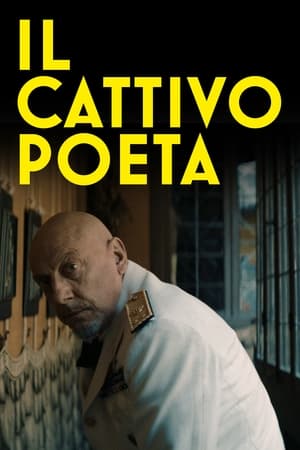 6.1
6.1The Bad Poet(it)
1936. Giovanni Comini, the youngest Federal in Fascist Italy, is summoned to Rome for a delicate mission: to surveil aging national poet Gabriele D'Annunzio, whose increasingly restless behavior Mussolini fears could damage his alliance with Nazi Germany. However, after spending time with D'Annunzio, Comini finds himself torn between loyalty to the Party and his fascination with the poet, who will put his burgeoning career at risk.
 6.8
6.8Arsenal(ru)
A soldier returns to Kyiv after surviving a train crash and encounters clashes between nationalists and collectivists.
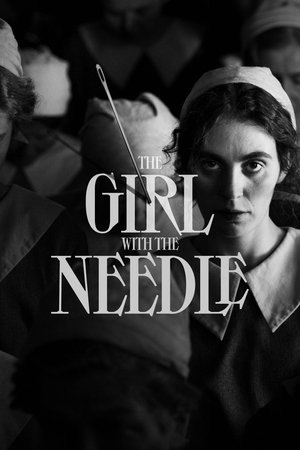 7.6
7.6The Girl with the Needle(da)
Struggling to survive in post-WWI Copenhagen, a newly unemployed and pregnant young woman is taken in by a charismatic elder to help run an underground adoption agency. The two form an unexpected bond, until a sudden discovery changes everything.
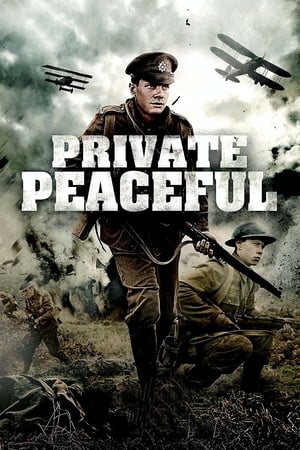 6.6
6.6Private Peaceful(en)
Set in the fields of Devon and the WW1 battlefields of Flanders, two brothers fall for the same girl while contending with the pressures of their feudal family life, the war, and the price of courage and cowardice.
 0.0
0.0Polonia Restituta(pl)
A two-part historical film covering the years of the First World War and the post-war period up to 1919 - until the signing of the peace treaty in Versailles near Paris. An attempt to show the great and complicated process of regaining an independent existence by a nation within its own state. The screen shows characters from history textbooks: Józef Piłsudski, Ignacy Paderewski, Roman Dmowski, Wojciech Korfanty as well as representatives of the world political scene, incl. David Lloyd George, Woodrow Wilson, Georges Clemenceau, Vladimir Lenin and others.